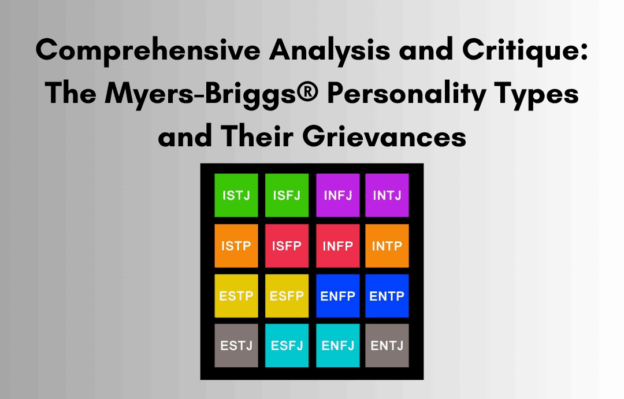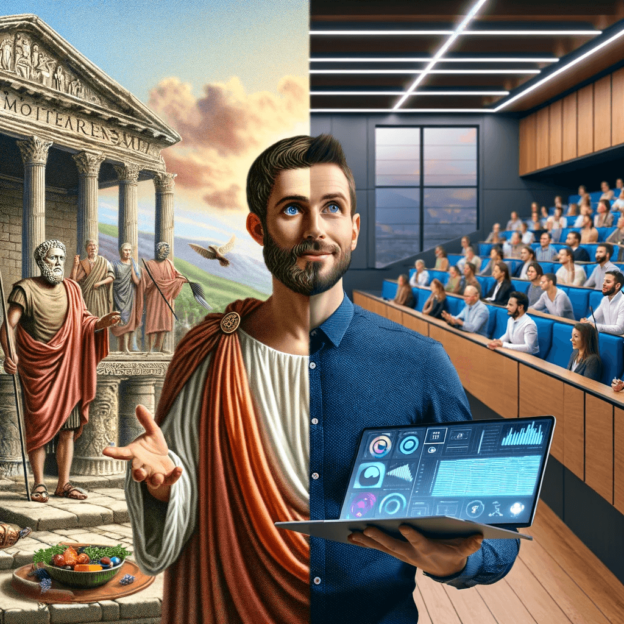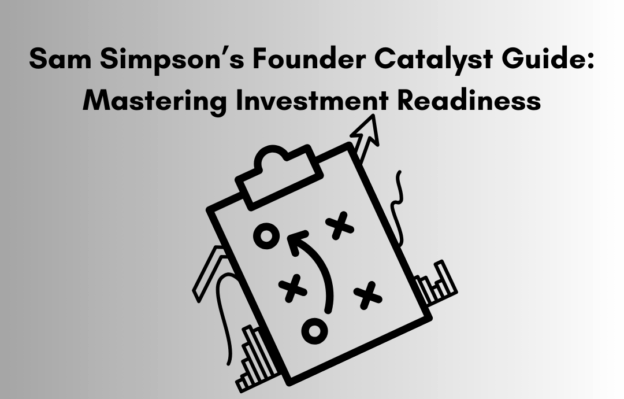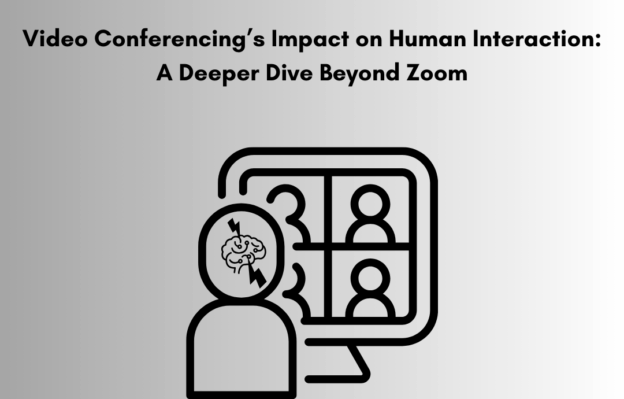In the violently wacky and vehemently whimsical world of Alan Moore’s characters, DR and Quinch, known for their satirical and bizarre escapades, a stand-out moment is the death of the faux Marlon Brando character. Cleverly bridging the gap between their universe and that of classic Hollywood cinema of the decade before.
Continue reading







